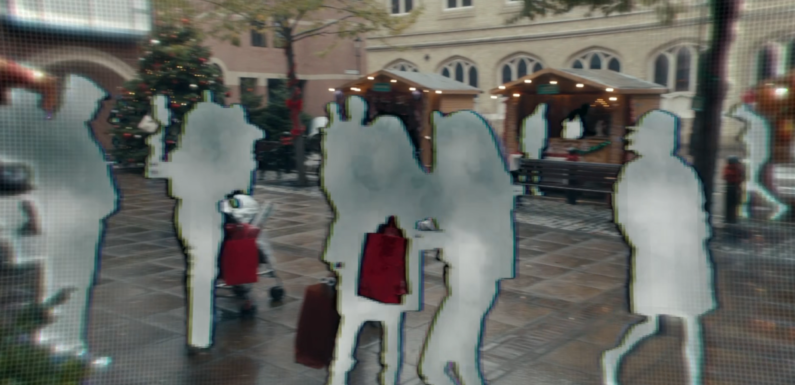
Many years ago, there were telephone directories that listed names, phone numbers and residential addresses. When you searched for someone by name in a telephone directory and called them, you had to—for courtesy’s sake—tell them how you got their number. Otherwise, the act may seem creepy.
Recently, when you are discussing a meeting with someone, and a venue is chosen, you could ask the other person for directions to the venue. Or, you could simply search Google/Google Maps and know it yourself. You don’t need to necessarily explain how you found your way. It’s socially understood you used Google Maps.
Even more recently, you could feel like God, if you have Truecaller installed on your phone. When you get a call, you can know the name of the person who is calling, and perhaps the profession too, since Truecaller allows users to tag people! But, social courtesy dictates that you are supposed to feign ignorance of who is calling and let them introduce themselves. If this is the first time you are getting a call from them, and you say their name while saying Hello, that would seem adequately creepy.
If I ask you to extrapolate these scenarios, what are we looking at, next?
In the near future, we are bound to have eye implants or at least smart Goggles (despite Google abandoning that product) which would help us identify by name anyone in front of us. Not just that, we may also get to ‘see’ their personal details that they themselves may have shared online, for us to get better context about them, beyond just name. Imagine – we could strike a contextual conversation with a stranger on the road and it may not seem creepy at all (that is, if they notice your ‘smart’ Googles)!
And if you are sitting in an airport, with your ‘smart’ Goggles on, you could look around and literally identify everyone around you, by name, location, interests, last few posts on Facebook, Instagram, LinkedIn, Twitter etc., last shared photographs, mutual friends etc. That’s a LOT of information to taken in!
Or, contrarily, if you know that person’s, for instance, political orientation, you could stay away from them without bothering to strike a conversation at all! You could essentially jump to conclusions/hold preconceived notions about complete strangers from what they themselves have shared online, which can be beamed conveniently onto your smart glasses. This is considerably faster, and automated, than you using facial recognition by holding your phone camera at their face, the camera identifying them by name, and you searching that name across social media platforms and finding things about them.
We are surely heading towards interesting days!
Related: Do not miss Black Mirror’s 2014 Christmas special episode called White Christmas, in context. It takes the last scenario I have mentioned to a new high!
